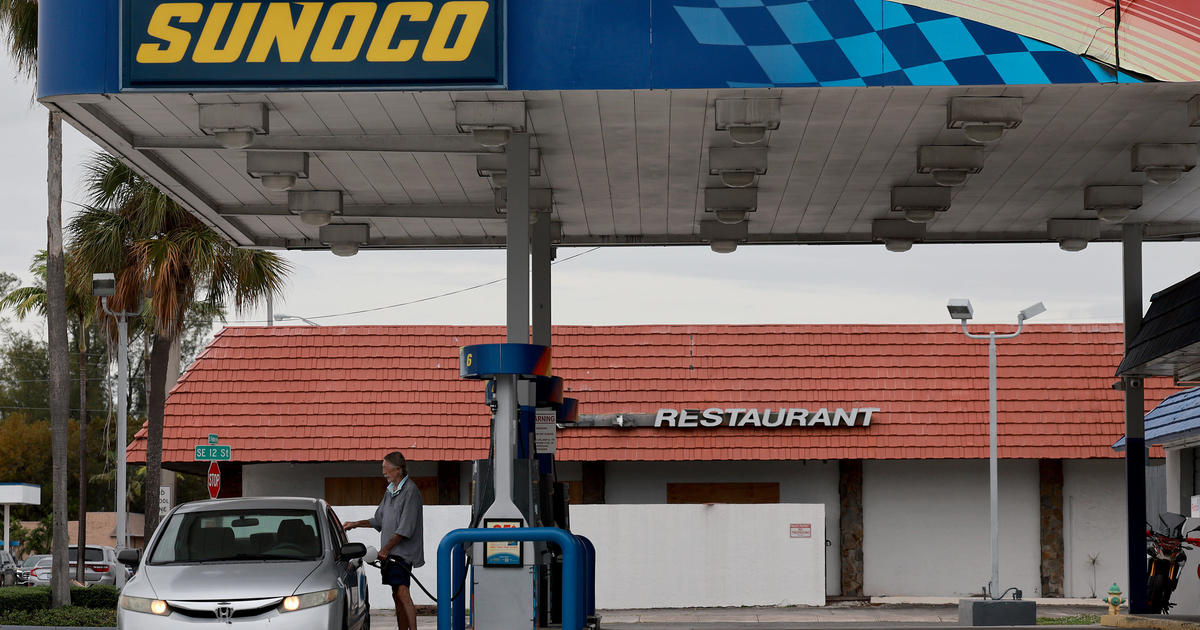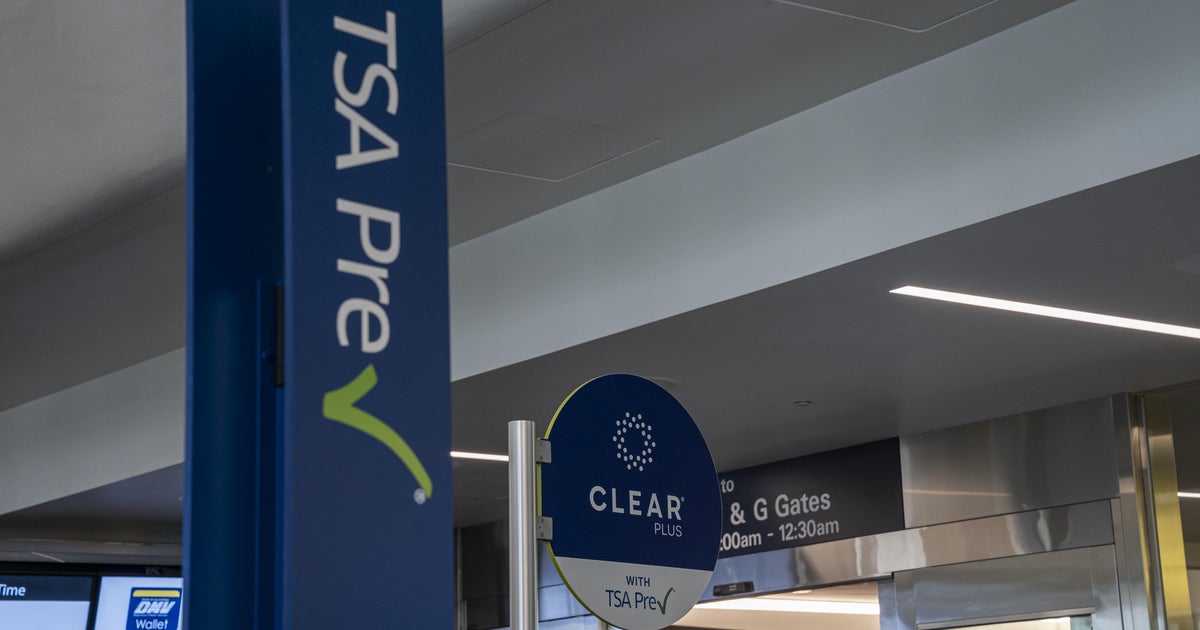What Facebook's News Feed change means for users and businesses
In coming days, Facebook users will see fewer posts from publishers, businesses and celebs they follow. Instead, Facebook wants people to see more stuff from friends, family and other people they are likely to have "meaningful" conversations with -- something the company laments has been lost in the sea of videos, news stories (real and fake), and viral quizzes on which "Big Bang Theory" character you are.
Here are some frequently asked questions about what users and businesses might expect from the changes.
Why is Facebook doing this?
CEO Mark Zuckerberg has been doing a bit of soul-searching about the negative effects his company may be having on society and its users' psyches. He's come a long way since November 2016, when he dismissed the notion that fake news on Facebook could have influenced the U.S. presidential election as a "pretty crazy idea ."
Now it's his personal goal for 2018 to fix the site and weed out hate, abuse, meddling by malicious nation states, while also making it more "meaningful" and less depressing for users.
While he acknowledges that Facebook may never be completely free of malign influences, Zuckerberg says that the company currently makes "too many errors enforcing our policies and preventing the misuse of our tools."
The company also faces pressure from regulators in the U.S. and abroad, and a growing backlash from academics, lawmakers and even early executives and investors about the ways in which social media may be leaving us depressed, isolated, bombarded by online trolls and addicted to our phones.
Facebook would much rather make changes on its own than have its hand forced by regulators -- or to see disillusioned users move on to other, newer platforms.
How will it affect the company's business?
Facebook's stock price dropped almost 6 percent last Friday morning before regaining some ground. That suggests investors take Facebook (FB) seriously when it says the move will likely make users spend less time on its service. Less time, of course, means fewer advertising eyeballs at any given time.
This is a huge shift for Facebook, which until recently has been laser-focused on keeping users glued to the service by offering a bevy of notifications and "engaging" but low-value material.
Facebook has been doing very well financially. Its stock hit an all-time high earlier this month, and the company's market value is more than $522 billion. Its quarterly results routinely surpass Wall Street's revenue and earnings expectations.
So arguably the company can afford to shift its focus a bit away from quarterly profit gains and metrics like "user engagement" that get advertisers salivating. Zuckerberg already signaled this would happen late last year, when he said the company's planned investments in preventing abuse would hurt profitability.
While the changes could crimp Facebook's business in the short term, happier users could make for better profits over the long term. At least, that's what the company hopes.
Is this the end for brands an publishers on Facebook?
Many news organizations, bloggers and businesses have grown reliant on Facebook to spread information -- articles, videos, infomercials — to their followers without paying for ads. The changes could jeopardize that route to their audiences, though some speculate it could be a ploy to force these companies to buy more Facebook ads.
According to Rick Edmonds of the nonprofit Poynter Institute, publishers that rely on Facebook as their primary source of traffic will be hurt the most by the Facebook News Feed changes, as will sites that invested heavily in video to attract users. News sites have been expanding beyond Facebook by working with Google News (GOOG) or Apple's (AAPL) news feed among other alternatives, according to Edmonds.
Critics of Facebook has have long argued that users create echo chambers, or "filter bubbles," of like-minded people whose views are reinforced by their friends' posts on the platform.
Won't this just reinforce the "filter bubbles" that trap users among the like-minded?
Do you enjoy arguing with people you disagree with? Maybe, maybe not. But Facebook's goal is to make people happier using the site — not to expose them to opposing views. So yes, this is possible.
That said, the company says this is how people make friends and interact with each other offline. We gravitate toward people like us. And Facebook says its own research shows that users are exposed to more divergent views on its platform than they would be otherwise. Of course, this is difficult to verify independently, since the company doesn't often show that data to outsiders.
Are people really going to spend less time on Facebook?
Admitting that its changes will likely reduce the time people spend on Facebook was a big deal for the company. Video, especially, has been a big focus for the social media giant -- and videos have been especially good at keeping users around. This latest move, however, will de-emphasize videos, too.
While it's too early to tell what users will do, there's little reason not to trust Facebook on this particular question.
Will the changes make people happier or sadder?
The jury is still out on how seeing mostly exuberant posts from friends and family affects people over time.
Facebook obviously believes most of its users enjoy keeping up with what's happening in their social circles, even if the material being shared mostly revolves around parties, vacations and other fun times while omitting life's inevitable challenges and tedium. Sharing these moments together, Facebook reasons, deepens the connections between people, even if they can't always be together offline.
But some research and anecdotal evidence suggests that Facebook can make people feel isolated, inadequate or alienated as they experience a phenomenon known as "fear of missing out," or FOMO. Teenagers are particularly prone to "Facebook depression" as they try to measure up to and fit in with their peers, according to the American Academy of Pediatrics.
But other researchers believe how people react to Facebook depends on their personality. If you're prone to anxiety, insecurity or already unhappy with your life, then seeing other people having fun could deepen your feelings of missing out or being left out. If you're confident and content with your life, then seeing a friend or family member with a smile on their face could make you happy, too.
A recent article in Perspectives on Psychological Science concluded that already lonely people who use Facebook and other social media as a substitute for real-life relationships tend to end up feeling more isolated. But when Facebook is used to deepen friendships that have already been struck and to forge new relationships, the social network helps people feel less alone.



